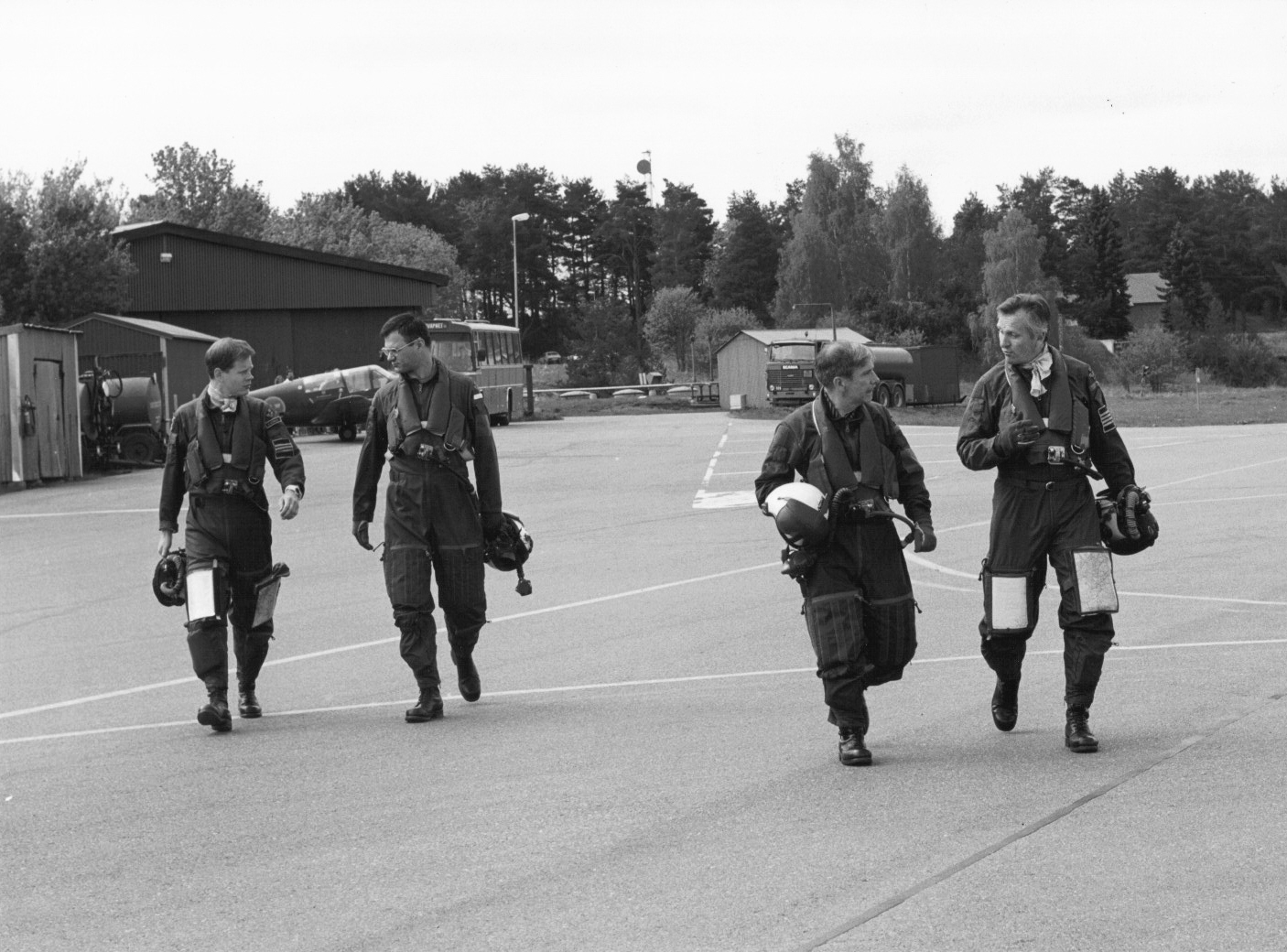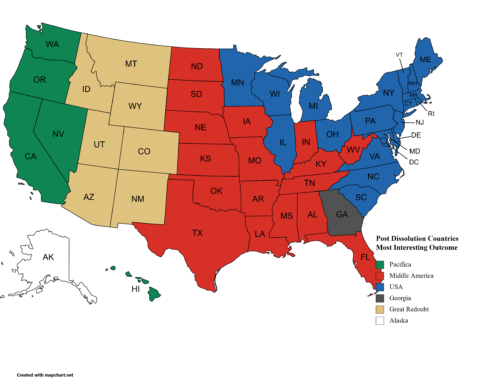Last week, I visited a mentor who arguably taught me the most about professionalism in my early career; lessons that have stayed with me until. John Casciano certainly didn’t look like the type that would rise to the highest levels of National Security leadership. Short in stature, he certainly wasn’t going to rise based on having “the look.” In an era of tremendous turbulence with the ossification of one major segment of his profession and he rise of another, he nimbly moved between segments in his corporate structure and rose in a very non-traditional career track. He used his intellect, drive to learn, exceptional time management skills, and fundamental human goodness to finish his government career not only as an Air Force Major General, but as the commander of the Air Intelligence Agency and with significant influence in National Security decision-making.
I was too young and not experienced enough to recognize at the time I first worked for him (or more accurately, three levels below him), that he rose to his level not by making an end-run around the system but finding a non-traditional path within the system. So when I was in a position in Washington, DC, which would have put me on a path to early promotion and senior leadership, and wanted to go back to the field to do what I loved best, he told me what I was leaving on the table. But he then encouraged me to follow that path as it would be better to compete for promotion on time while doing what I loved rather than being promoted early and having to endure unenjoyable assignments for the foreseeable future.
I now know that he was looking back on his own career in which he flowed between the ossifying Strategic Air Command, which once led the entire military, but during his days there was the graveyard of the Air Force, and the fighter aircraft and national intelligence agency communities. He taught political science at the Air Force Academy and gained a great breadth of experience while going deep in whatever assignment he was put in. that was a great first lesson for me at a time when I needed one. Get a broad experience base within your corporate structure to build on a depth of experience in your primary field of work. depth of knowledge and breadth of experience will always look good on your resume.
But there were two more very specific lessons I learned from John Casciano in those early years that have been important later in my career. First, I watched him manage his time more effectively than anyone I have seen before or since. If he had 5 minutes between meetings, he did 5 minutes of office work. If he was on an airplane, he used the time to take care of office work. He knocked out the queep so that it never overwhelmed him. He taught his office staff to be efficient so that the time they had could best be used working on the tasks at hand without distraction. To this day, I try to model my work time as he showed it was not only possible, but effective to do. He taught us to take the extra few minutes to get the paperwork done correctly on the first draft, rather than having to reaccomplish it if senior leadership sent it back with questions or issues. He made sure we thought through all the possible questions senior leadership might ask on the papers we were working on and address them the first time through rather than waiting for the questions to come back down the chain to us. What a great lesson to teach a young professional.
Second, he was a gentleman always. I never heard him raise his voice or swear in the office. He treated his people well, like he wanted to be treated. He naturally engendered a high level of trust in the office by his subordinates and among his peers. There was never any question that his motives were always for the greater benefit of the corporate organization and not himself. He was a gentleman through and through. I still have the Thank You card he wrote me in his own hand after a business trip we took to Sweden (including a pretty great jet flight) to lay the groundwork for close cooperation between our two Air Forces. Here I was the one happy to have gone, and he wrote to thank me for my work when he didn’t have to say anything at all, or when a personal spoken work would have been more than sufficient. Today, I always have one or two blank Thank You notes in my briefcase to follow his example.
Finally, I learned by watching him after he retired from government service. He could have taken a comfortable retirement, or worked for a ton of money in the corporate world. Instead, he has consistently helped his former proteges get set up in their own businesses or within corporate jobs. He served on boards or foundations where he gently steered them towards good strategies. He sought opportunities not for himself, but for his former subordinates, that would give them visibility in key forums and set them up for future success.
This is the true measure of a mentor. If you’re a regular reader of this space, you’ll know that I write a lot about leadership and mentoring. But in the end it comes down not to making yourself more visible, but building up your greater organization by setting up the future generations of leaders to carry on long after you’re gone.
John Casciano was and still is a master in that realm. If we all strive to follow in his footsteps and practice what he taught, we will surely make the corporate and home worlds a far better place than they are today.
Keep thinking.






Leave A Comment